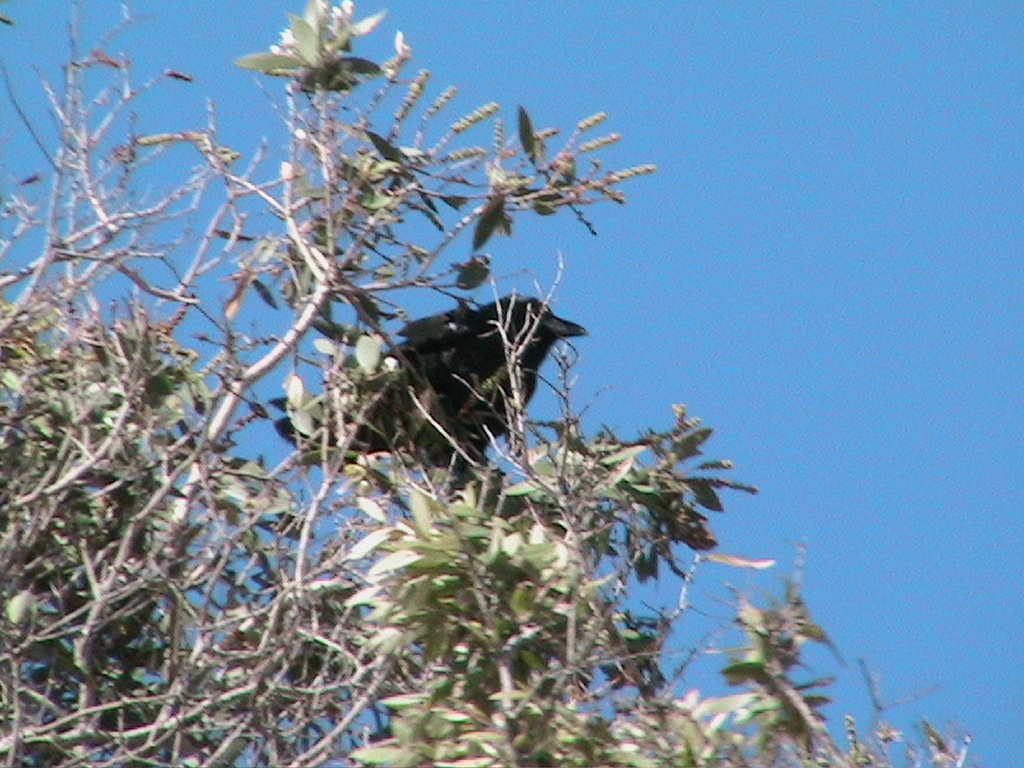Self-treatment model under scrutiny as fire ant incidents surge in Queensland’s controlled area.


Self-treatment model under scrutiny as fire ant incidents surge in Queensland’s controlled area.

What does freelance or self-employment really entail? I hope I’m posting in the right subreddit; the Aus legal and finance ones feel very niche. I’m 22, autistic, and living with

The Great Northern Yellow Has Evolved! Brace yourselves for a somewhat dull weekend post… I just picked up a can of that well-known artisan beer and noticed that the yellow

“Assisting” the wombat She claims she was trying to help out of concern for their safety, fearing they might get hit by a car, and that she ran away from
The increase in fire ant attacks within Queensland’s suppression zone raises serious concerns about the effectiveness of the self-treatment model currently in place. While self-treatment may empower individuals to manage local infestations, it appears that a more coordinated and comprehensive approach is needed to address the rising threat of these invasive species. It might be time for authorities to reassess and strengthen their strategies, ensuring that residents have the necessary resources and support to combat fire ants effectively. Collaborative efforts involving community education, proper pest management practices, and perhaps a return to more centralized control measures could prove more beneficial in curbing the spread of fire ants and protecting local ecosystems. What are your thoughts on how we can better address this issue?